Within the framework of activities commemorating half a century of French-Vietnamese diplomatic relations and on the occasion of the 50th anniversary of the end of the war in Vietnam, last week in Paris, director Olivier Dhénin Huu brought to the French public 3 unique plays and musicals based on Vietnamese fairy tales and history.
The performances left deep impressions on the audience about the harmony between Eastern and Western art.
Titled "The Golden Dragon" (Le Dragon d'Or) and "The Fisherman in a Teacup" (Le pêcheur au fond de la tasse à thé), two unique operas based on Vietnamese fairy tales are the result of a collaboration between French-Vietnamese playwright, poet and director Olivier Dhénin Huu and talented composer Benjamin Attahir.
Both works were performed at the Saigon Opera House and the Hoan Kiem Lake Theater in Hanoi in November 2023 as part of a series of events celebrating the 50th anniversary of diplomatic relations between France and Vietnam.
This compact musical duo is based on two legends that have been passed down orally by the Vietnamese people for generations.
This new stage version features three main singers accompanied by a children's choir portraying Vietnam's sacred mascots: the unicorn, dragon, phoenix and turtle.
"The Golden Dragon" tells the story of a Chinese man who came to Annam to search for a golden dragon at the bottom of a lake, believing that if he could place his father's remains in the dragon's mouth, he would become king. A young fisherman accepted the task but switched the remains, placing his father's bones in the dragon's mouth instead of the Chinese man's. The fisherman later became King Dinh Tien Hoang.
"The Fisherman in a Teacup" is a sad story about Truong Chi, an ugly fisherman but has a captivating singing voice, especially for Princess My Nuong. However, when the two meet, the princess is horrified by his appearance.
With a broken heart, Truong Chi died and turned into a pearl. When the pearl was carved into a teacup and presented to the princess, the image of the fisherman appeared with a sweet singing voice. Moved and remorseful, My Nuong shed tears into the cup, causing it to dissolve and freeing Truong Chi's soul.
These works are not only a combination of opera and drama but also a meeting between East and West.
Olivier Dhénin Huu was inspired by traditional Vietnamese theatre, especially hát bội and cải lương. He also referred to Eastern theatrical movements that influenced Western master directors such as Edward Gordon Craig, Antonin Artaud and Bertolt Brecht.
In an interview with the press, director Olivier Dhénin Huu shared the reason for choosing to combine theater and opera to tell these stories: "It is a poetic journey to find the roots of the country. A nation is always attached to its myths, legends, and culture. Putting poetry into the characters' dialogue helps create a special connection. Because this writing style is close to lyricism, it brings a special emotional depth."
The stage was designed by artist Le Phi Long with many symbolic layers of curtains: a sky-blue veil, a star screen inspired by the ceiling of Minh Khiem Duong theater in the Tu Duc Tomb complex in Hue , and illusionary flower screens. Mid-Autumn lanterns representing fish and dragons on the Red River, creating a tribute to the art of Vietnamese water puppetry.
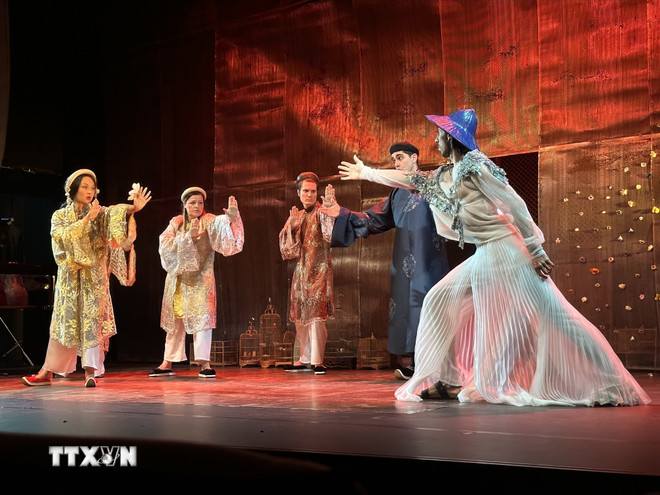
If "The Golden Dragon" and "The Fisherman in a Teacup" are cultural bridges through fairy tales, the play "Partition vietnamienne" is a historical story related to the division of the country, the fragmentation of memory, culture and identity of Vietnam - especially for overseas Vietnamese and their descendants.
The play tells the story of the main character Antonin's search for his family history through fragmented pieces: old photos, his grandmother's stories, pages of history books... He tries to piece these fragments together to form a complete picture of his origins and identity.
Through the character's journey, the audience is led through many important historical periods of Vietnam, from the time of King Duy Tan in the early 20th century to the 1950s-1960s.
The play delves into Vietnamese history and its relationship with France over the course of a century, as well as the lives of overseas Vietnamese. The success of the play has opened up prospects for future performances.
The performances received standing ovations from the audience. The audience expressed many strong emotions after watching the plays.
Ms. Petmanie, a Vietnamese audience member, admitted that at first, she did not have high expectations for the play: "I don't usually go to plays, let alone operas. I was afraid I would be bored. But in the end, I was drawn into the play from beginning to end. Very touching!"
Nicolas, a French audience member, was more concerned about the play's message: "There are a lot of messages about war. They make us think about current wars, and this play shows the consequences of conflicts for future generations. We have to stop this madness!"
Director Olivier Dhénin Huu was also moved by the audience's reaction: "It's unbelievable! In one week, we performed two operas and a drama. A great team of more than 55 people participated in the production. That is almost unimaginable in this era. But it shows that Vietnamese history is still there, arousing curiosity and raising questions for both artists and audiences"./.
Source: https://www.vietnamplus.vn/lich-su-va-huyen-thoai-viet-nam-tai-hien-tren-san-khau-phap-post1027415.vnp


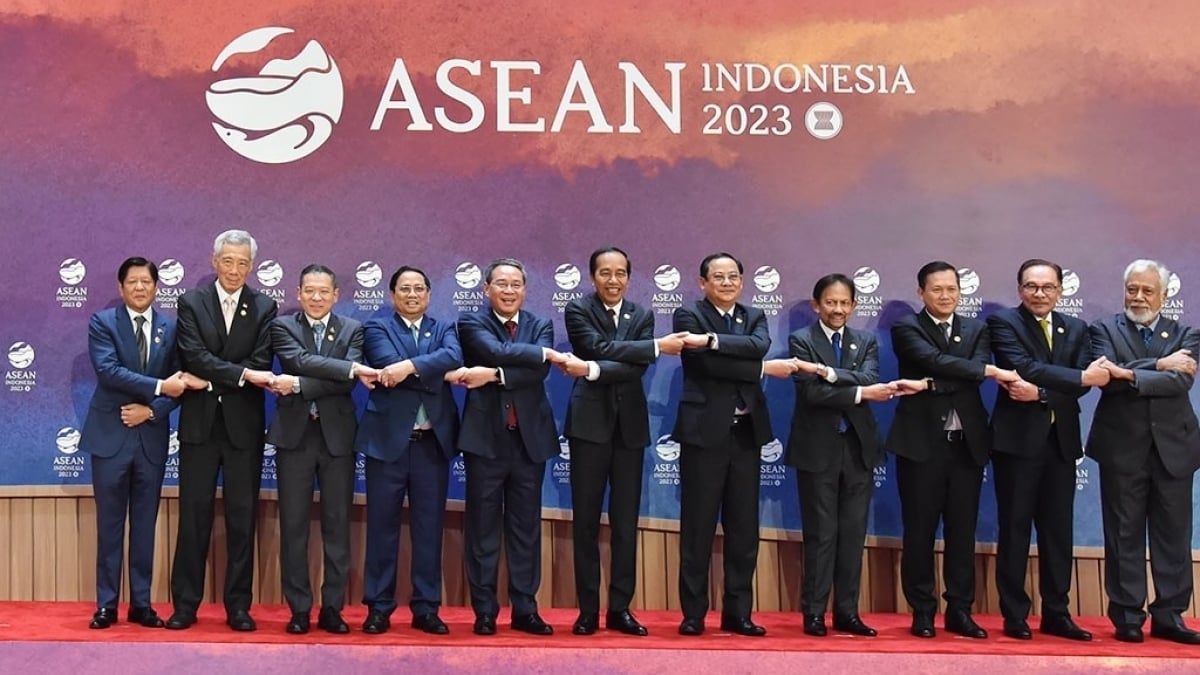
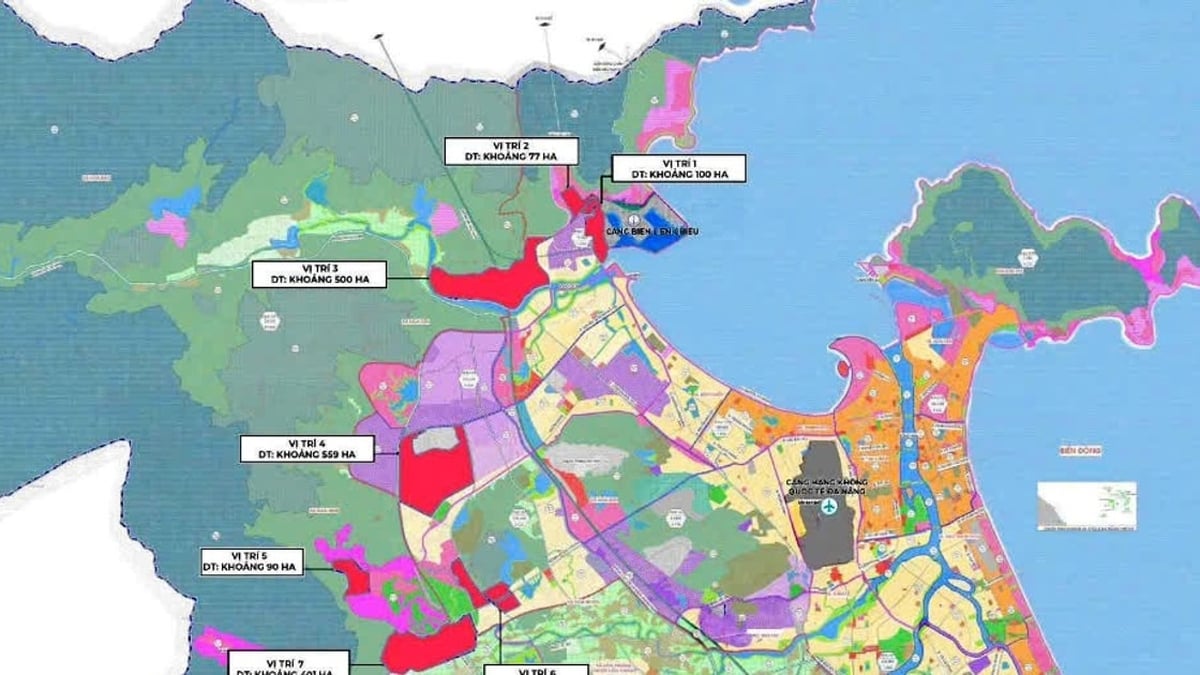
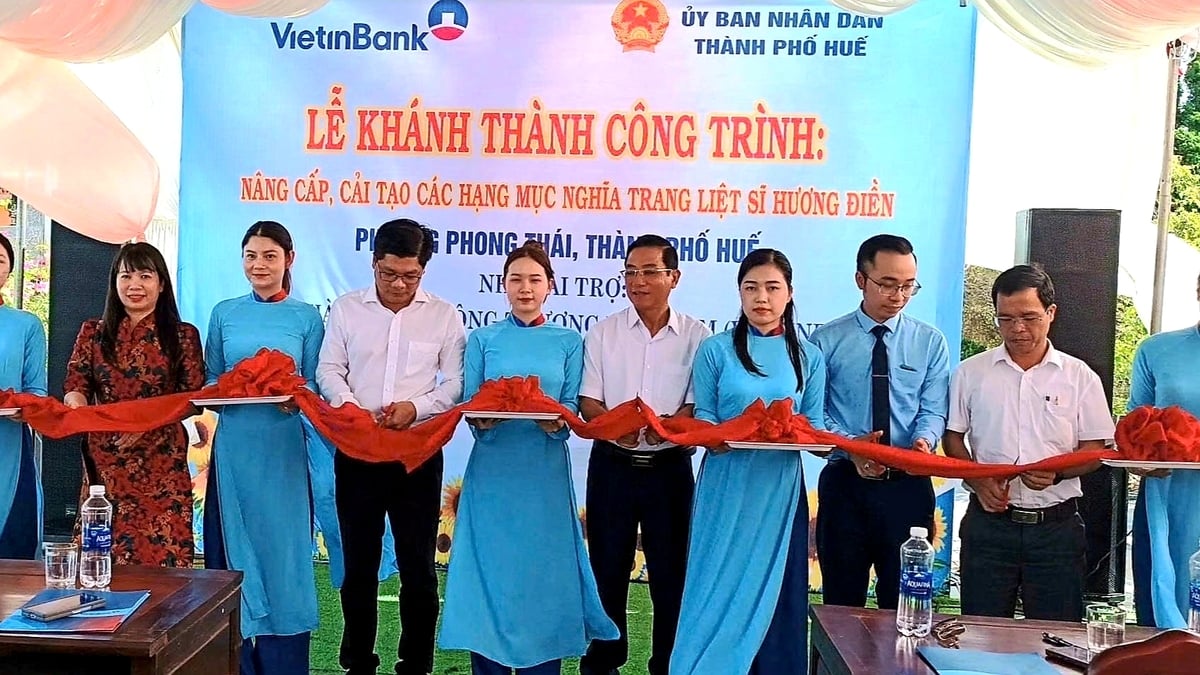
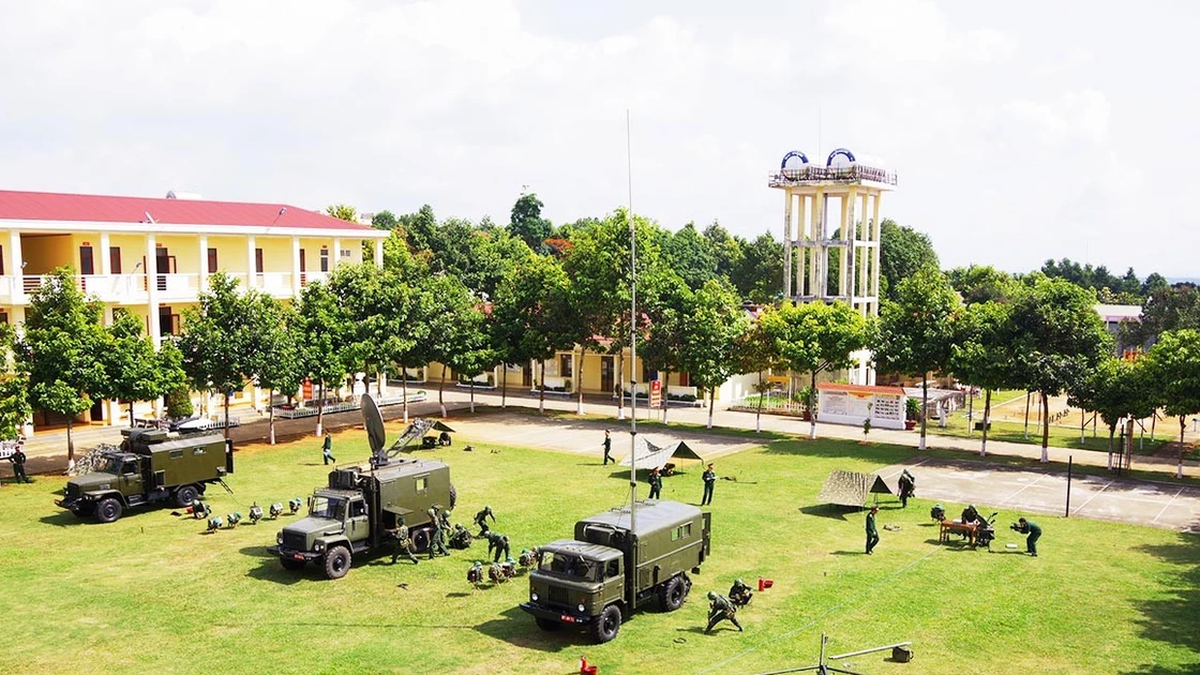
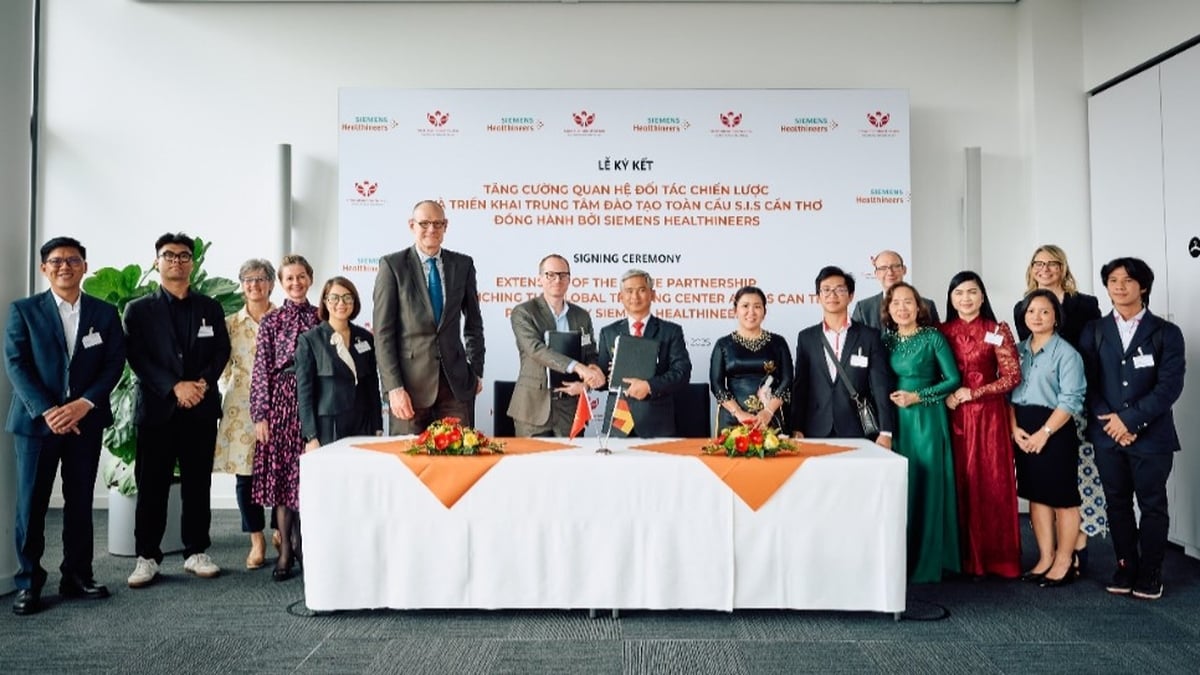
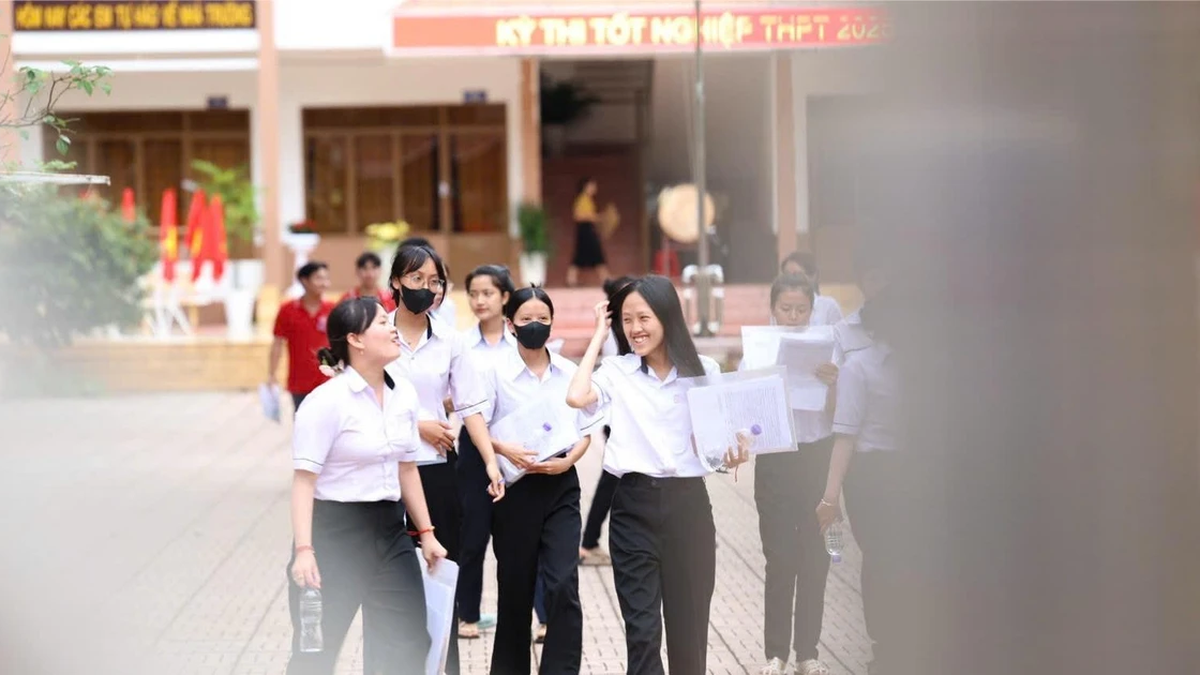
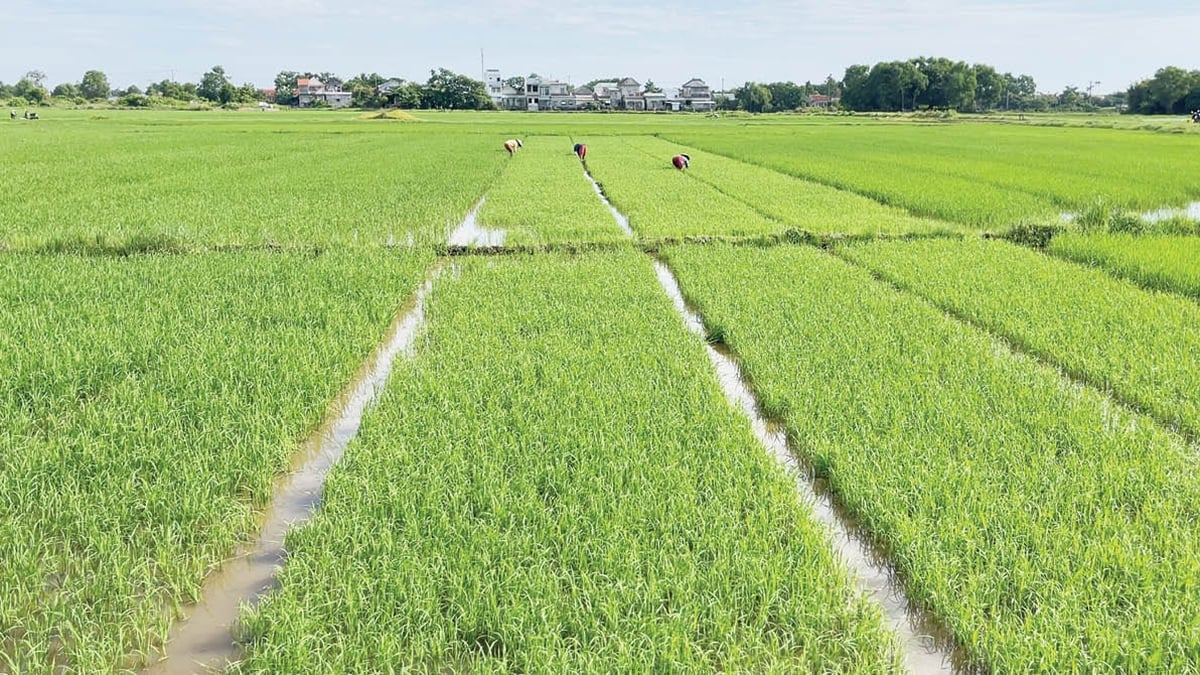
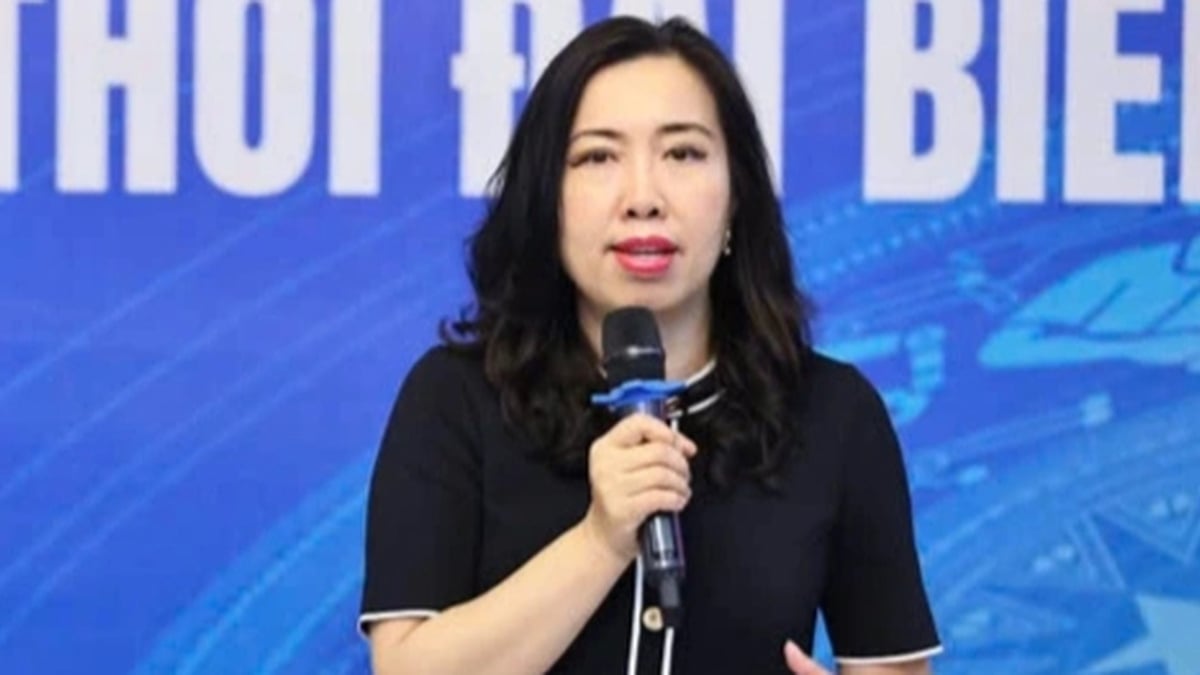
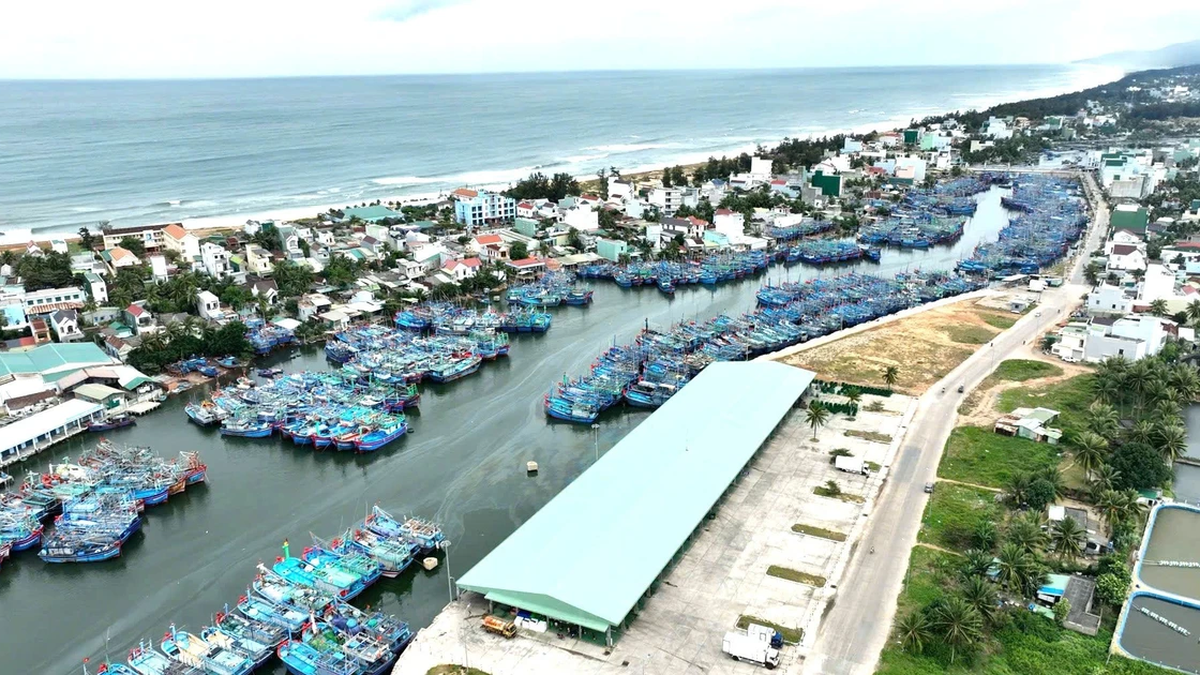























































































Comment (0)